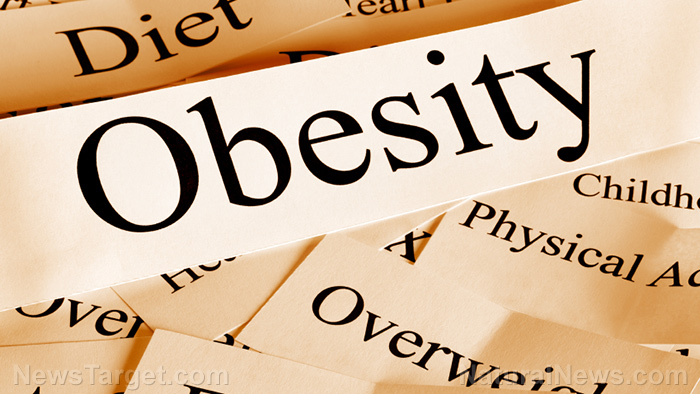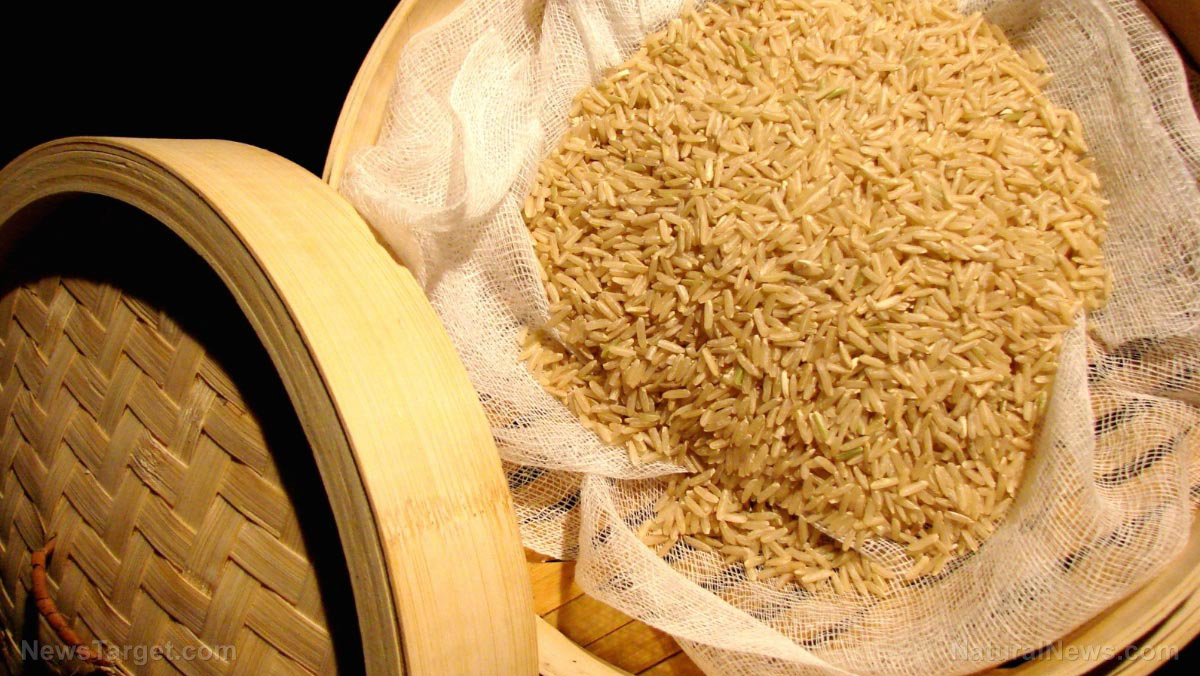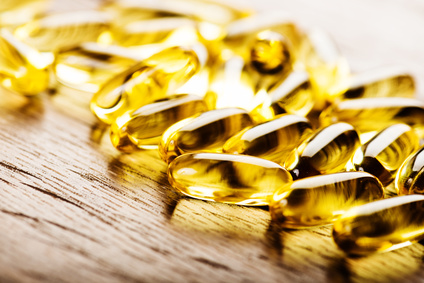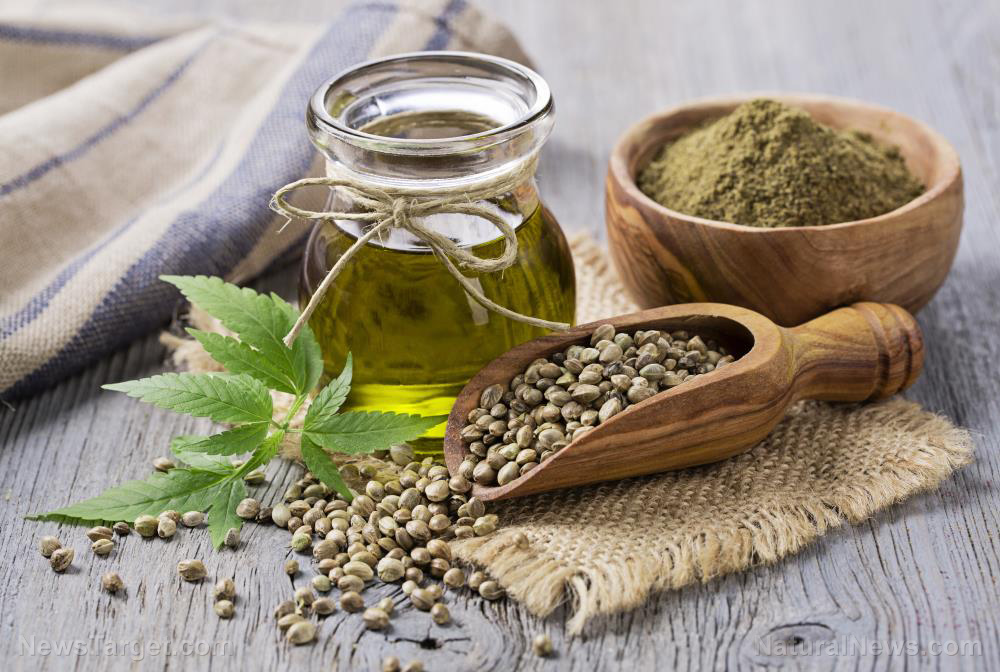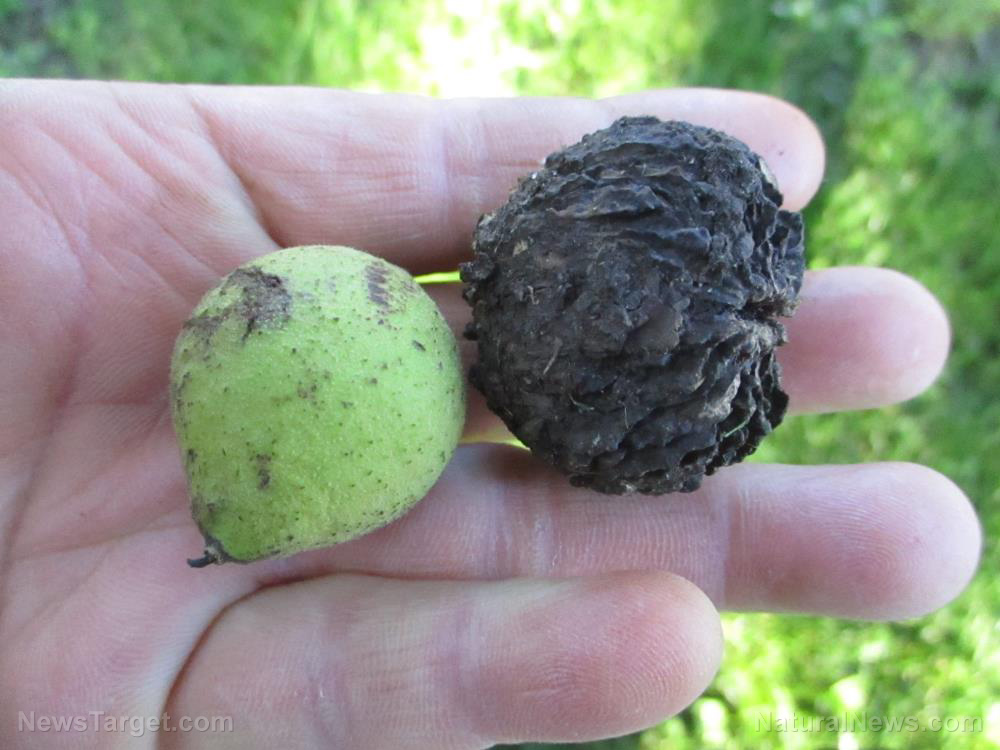Do you take care of your heart? Cardio fitness may be influencing how healthy your gut is
12/12/2018 / By Edsel Cook

It’s said that the shortest way to a man’s heart is through the stomach. However, a new study provides a unique take on it, saying that the state of your heart and blood vessels affects the population of good bacteria that live inside the gut.
Gut bacteria participate in many vital processes that keep the human body running. They can make or break the health of their host.
Among their many benefits, a healthy population of good gut bacteria helps the intestines get the most nutrition out of food. The reverse is also true; too little of the beneficial microbes or too many of the harmful ones will undermine your health.
There are several ways to manage the microbiota in your gut. Consuming probiotic food and organic food will raise the numbers of good bacteria in your gastrointestinal system. Taking strong antibiotics, on the other hand, will significantly reduce the numbers of all but the most resistant strains.
The San Francisco State University (SFSU) study suggests that cardiovascular health can also affect the human gut microbiome. If your heart is fit and you take a lot of cardio exercises, the gut bacteria are likewise in great shape. (Related: Keep at it! Constant exercise keeps your heart healthy.)
Comparing the gut bacteria ratio of healthy young adults
The SFSU researchers evaluated a group of 37 young adults, none older than 28 years. Most of the 20 young men and 17 women were from the university campus for the sake of convenience.
Each participant ran on a treadmill to determine his or her level of cardiovascular fitness. The composition of fat and fat-free mass in their bodies were also evaluated through the use of a specially-build air displacement chamber.
During the seven days of the experiment, the participants recorded the contents of every meal they took. At the end of the week, they took samples of their stools and turned those over for lab analysis.
The SFSU’s laboratory took DNA from the stools and evaluated the microbe population in each sample. They sought to determine the amounts of two particular types of gut bacteria, the Firmicutes and the Bacteroides.
The ratio of Firmicutes to Bacteroides is a reliable indicator of the gut bacteria population. It also lets researchers measure the general health of the intestines.
The better your cardio, the healthier your gut bacteria population
The study found that the participants with the best cardiovascular health also had ratios where the Firmicutes significantly outnumbered the Bacteroides.
Most bacteria that live in the human gut provide all kinds of health benefits to their host. This includes certain Bacteroides.
Firmicutes bacteria, however, are in charge of making sure gut bacteria stay in the intestine where they belong. They produce substances that strengthen the lining of the gut and keep bacteria out.
“These metabolic byproducts help strengthen the intestinal lining and help prevent leaky gut syndrome,” explained SFSU researcher Ryan Durk. The leader of the research team, he said that their findings help validate the “exercise as medicine” concept.
Most people acknowledge that physical exercise will improve their health and extend their lifespans. However, almost no one considered the possibility that exercise could affect bacteria in the gut.
Durk believed that his team’s findings can help lay the foundation for a new approach to fitness and health. He thinks that people could take up specific exercises that will not only help them get the flat tummy that they want — but also strengthen the beneficial bacteria inside.
Do you want to know more about the ways a good cardio workout can improve your belly’s inhabitants? Drop by Slender.news.
Sources include:

Submit a correction >>
Tagged Under:
cardio, cardio fitness, cardiovascular health, fitness, gastrointestinal microbiota, gut bacteria diversity, gut health, gut microbiota, human gut microbiome, physical exercise, slender
This article may contain statements that reflect the opinion of the author
RECENT NEWS & ARTICLES
COPYRIGHT © 2017 SLENDER NEWS

